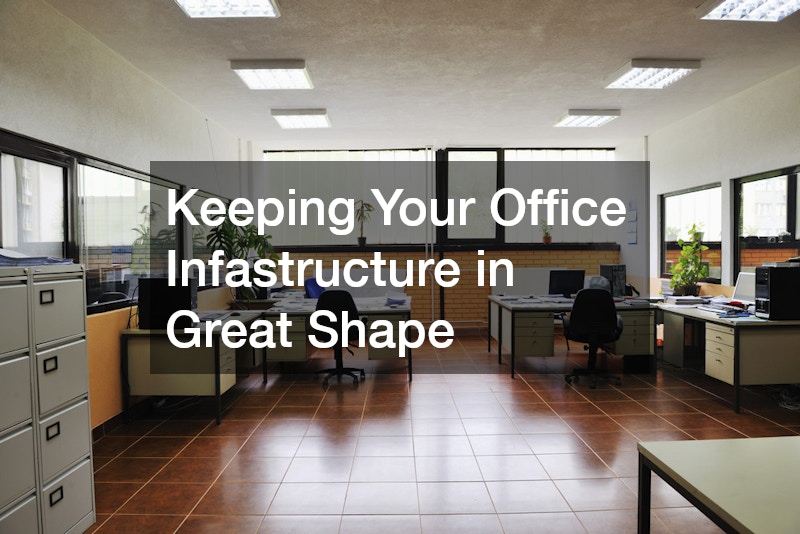This article explores the world of skip hire services, delving into what they are, how they work, and their benefits. We’ll also address some of the most common questions about these services. Whether you’re undergoing construction work, clearing out a space, or simply need to manage waste efficiently, understanding skip hire services can be incredibly beneficial.
How Do Skip Hire Services Work?
Understanding Skip Hire Basics
Skip hire services provide a convenient way to manage waste for both residential and commercial projects. These services offer different types and sizes of skips, such as mini skips for small jobs or large roll-on/roll-off skips for significant construction work. Depending on your waste volume and type, choosing the correct size is crucial to preventing overloading or excessive costs.
The options for skip sizes vary widely, allowing for flexibility in accommodating diverse waste types, from garden waste to heavy industrial materials. Understanding the fundamentals of skip hire also includes knowing what materials are typically accepted, as most services have restrictions on hazardous materials. Making informed choices in this area ensures compliance with local waste regulations and promotes community safety.
Hiring a skip often involves renting the unit for a specified period, after which it is collected and disposed of by the service provider. This process not only saves you the hassle of multiple trips to the local dump but also ensures efficient waste management. Utilizing these services can lead to significant time savings and streamlined waste disposal efforts.
The Skip Hire Process
The process of hiring a skip typically starts with assessing your waste management needs. You must consider the type of waste you have and approximately how much there will be to determine the proper skip size. Booking the skip can often be done online, where you can choose your desired delivery and collection dates.
Delivery of the skip is usually arranged to ensure it arrives at your site at the most convenient time. It’s important to plan appropriate space for the skip, avoiding any obstruction to public pathways or excess space on private property. Throughout the rental period, you can dispose of your waste directly into the skip, keeping in mind the service’s guidelines on filling levels.
Once your rental period concludes or the skip is full, the provider will collect it for disposal. The collected waste is then transported to recycling centers or waste management facilities for sorting and processing. This efficient process signifies a commitment to sustainability and legal compliance, ensuring that as much waste as possible is recycled.
Cost Factors of Skip Hire
The costs associated with skip hire services depend on several factors, including skip size, rental duration, and geographical location. Larger skips or longer rental periods typically result in higher costs. Understanding these variables can help you find a cost-effective waste disposal solution while avoiding unexpected expenses.
Additional charges may apply for permits or if the skip cannot be accessed for collection. It’s advisable to factor these into your budget and communicate clearly with your service provider to discuss any potential additional costs upfront. Comparing quotes from different providers can also ensure you receive competitive pricing.
Another way to save on skip hire costs is by ensuring the correct estimate of waste amount and type. Correctly separating recyclable materials and minimizing unnecessary waste can lead to overall cost reductions. Taking these measures allows for a more environmentally friendly and budget-conscious approach to waste management.
Why Would You Need Skip Hire Services?
Common Situations Requiring Skip Hire
Skip hire services are invaluable in various scenarios, such as during home renovations, where debris from demolitions can quickly accumulate. These services provide an efficient way to handle large waste volumes, maintaining order and cleanliness at the worksite. Similarly, clearing out gardens often produces a substantial amount of organic waste, which requires proper disposal.
In larger construction projects, managing waste effectively is essential to maintaining regulatory compliance and safety standards. Skips offer the necessary capacity to deal with construction materials like concrete, metal, and wood in bulk. They ensure that the waste is disposed of in a manner that limits environmental impact and follows industry guidelines.
Community events or commercial clean-outs may also necessitate skip hire services. In these situations, renting a skip ensures that all waste – from leftover decorations to packaging materials – is handled efficiently. Such organized disposal is crucial for smooth operations and fosters a sense of responsibility towards sustainability.
Benefits of Using Skip Hire Services
One of the significant benefits of skip hire services is the convenience they bring to waste disposal. Rather than dealing with multiple trips to local waste facilities, skips allow for a centralized collection point at your location. This convenience translates to saved time and reduced physical effort handling large quantities of waste.
On an environmental level, skip hire services contribute to organized recycling and waste management efforts. Service providers often prioritize recycling, ensuring that your waste is sorted and processed in compliance with sustainability practices. This reduces overall landfill contributions and promotes resource recovery efficiently.
Using skips also ensures compliance with waste disposal regulations. Many areas have specific rules regarding waste management, and skip hire services are knowledgeable about these requirements. By hiring a skip, you can rest assured that your waste is being handled legally and responsibly, avoiding potential fines or penalties.
Alternatives to Skip Hire
While skip hire services offer many advantages, there are situations where alternatives might be more suitable. For smaller projects or limited space situations, waste bags or “skip bags” can be a cost-effective choice. These alternatives are ideal for handling modest waste volumes without needing the space for a traditional skip.
Local waste disposal facilities also offer a viable alternative, particularly for residents with access to these sites. These facilities allow individuals to sort and deposit their waste directly, often supporting recycling initiatives. Utilizing these services may be more practical for managing waste over an extended period or for variable waste quantities.
Assessing your specific needs and constraints will help determine the best approach to waste management. While skips provide a simple solution for many, alternatives can cater to unique situations effectively. Making informed choices ensures efficient waste handling while aligning with environmental and financial goals.
Skip hire services are an essential component for many waste management needs, offering flexibility and efficiency in waste disposal. By understanding the processes and benefits of skip hire services, you can make informed decisions that suit your specific requirements and contribute to sustainable waste management practices. Whether for large-scale projects or smaller endeavors, considering how these services fit your needs is crucial for effective waste management.
.





